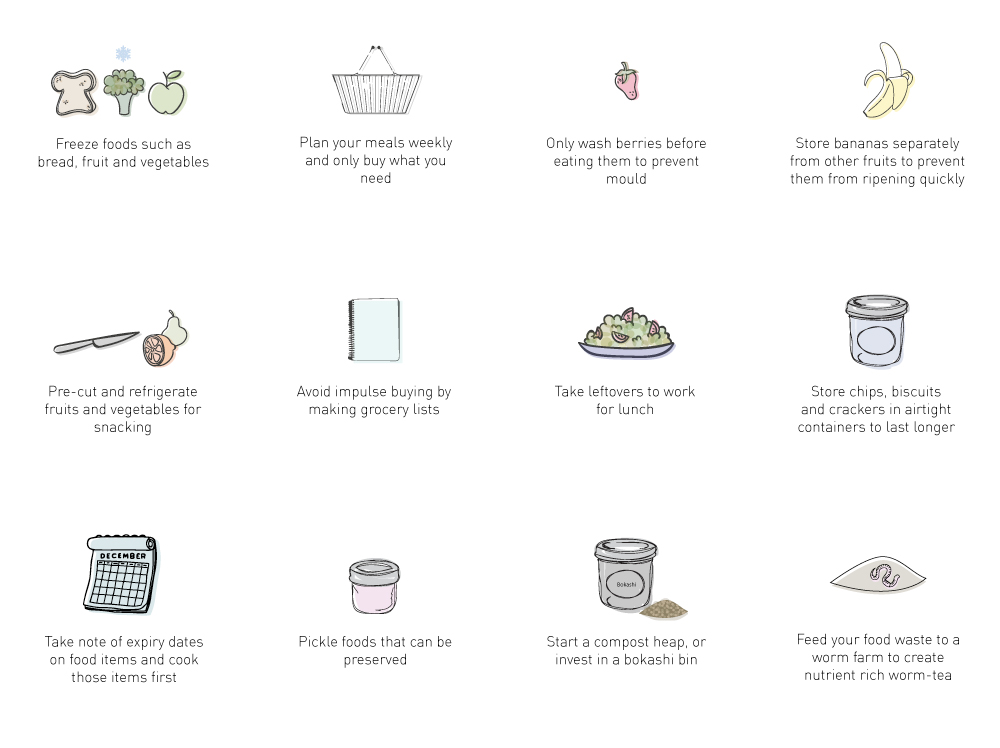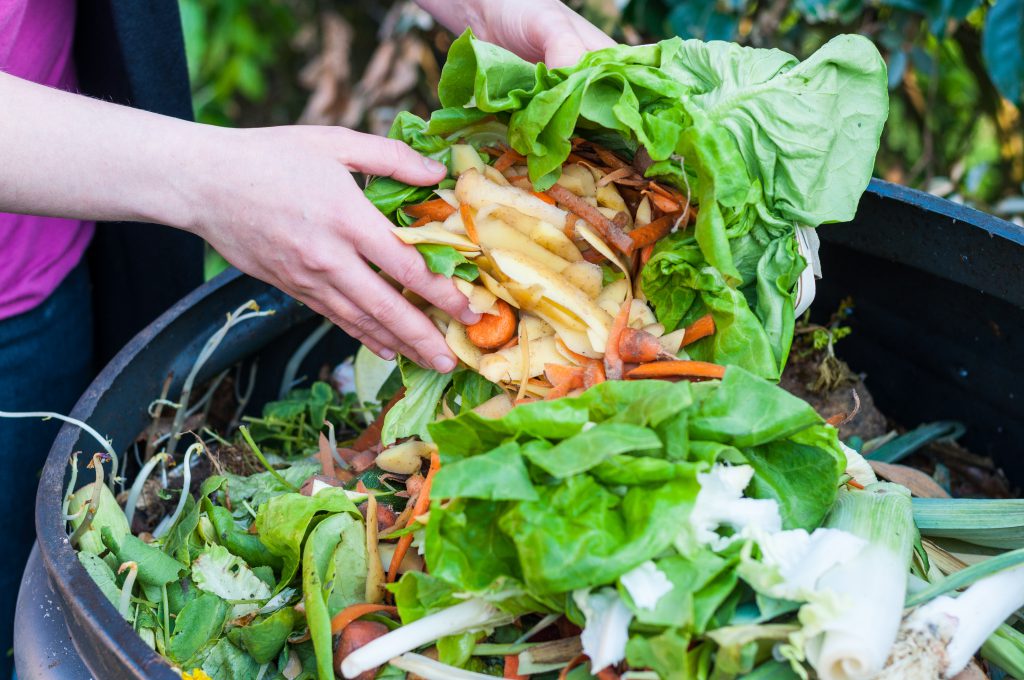Did you know that a third of the food produced in the world goes to waste every year? In South Africa, one in five households are deemed food insecure. These are the frightening realities that we as a country, and as the world, are facing in terms of food waste.
Why is food waste a problem?
Food waste not only refers to the excess food you cook and throw out, or the bread that goes mouldy and ends up in the bin, but largely to wastage that takes place in the food supply chain. It is said that around 70% of fruits, vegetables and cereals combined are lost in the food supply chain – that’s before it even reaches your basket.
Food waste also concerns the energy and water wastage that is involved in the process of food production from farming to transportation, refrigeration and storage. It is said that the energy wasted every year for producing food that is never consumed is estimated to be sufficient enough to power the city of Johannesburg for about 16 weeks. According to WWF’s study on food waste, leaving a mouthful of steak on your plate amounts to water waste equal to running your dishwasher 22 times. With South Africa rated as the 30th driest country in the world, we simply cannot afford to continue the trend of food waste. Food waste components in landfill sites also account for high levels of methane gas and carbon dioxide emissions, which are high contributors to greenhouse gasses and climate change.
One of the reasons food waste is so prevalent in South Africa is from the lack of knowledge and insight into the enormity of the problem. There is not enough research on the scale of food waste, leaving us unequipped to take necessary action in efforts to curb the crisis.
What are food waste solutions?
A South African organisation that is taking food matters into their own hands is Food Forward SA. Food Forward collect surplus, edible food from retailers, wholesalers and manufacturers and redistribute the food to various NPOs. They are also involved in various feeding programmes, as well as Food Banking, an online innovation whereby beneficiary organisations are linked to retailers to collect excess edible food.
How to reduce food waste at home:

Solving the global food waste crisis starts with you. Some ways in which you can reduce food waste in your home are:
For more information on minimising waste in general read our guide here.


